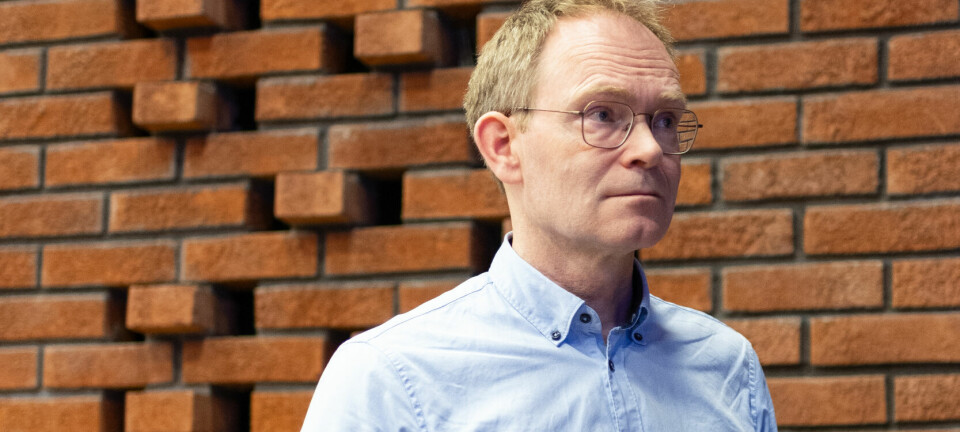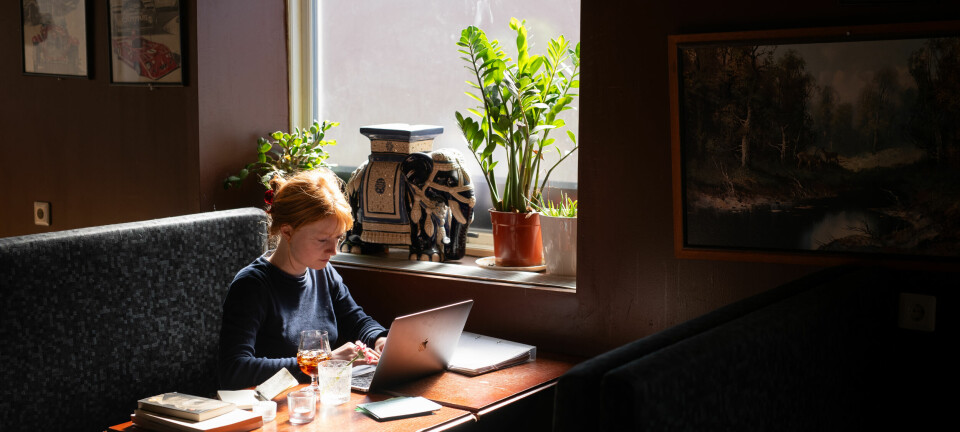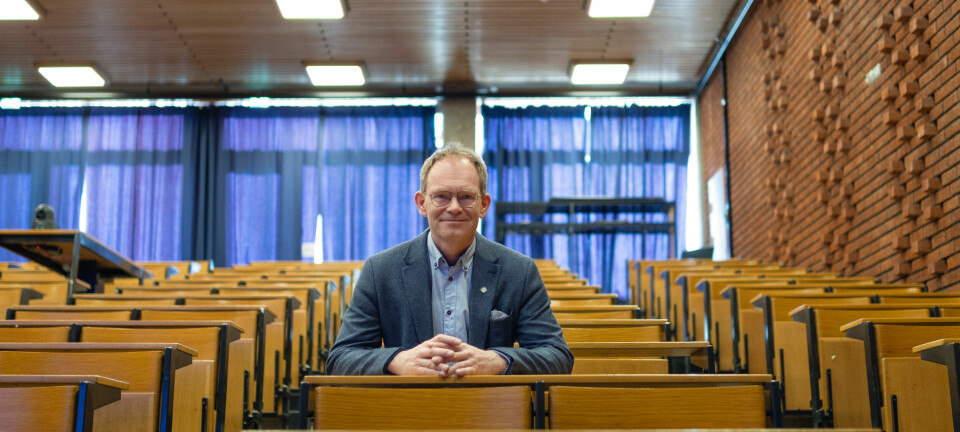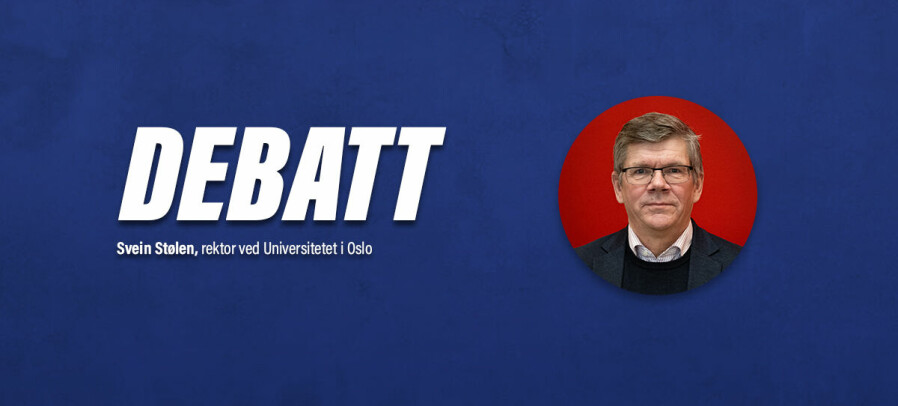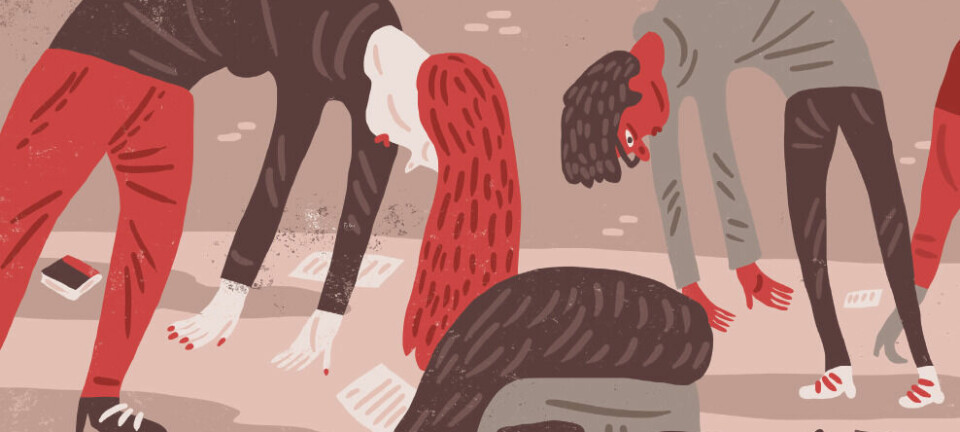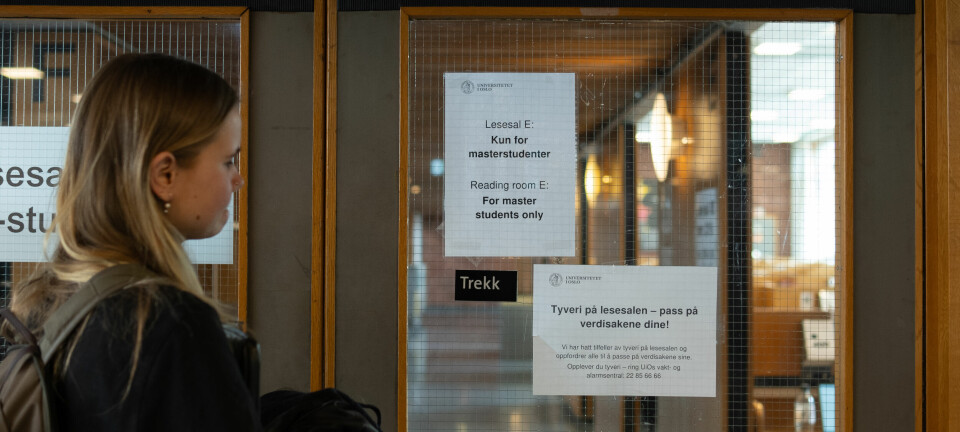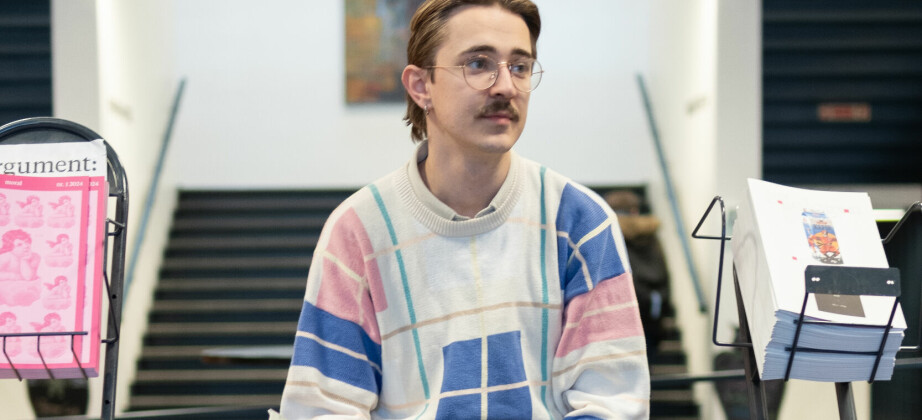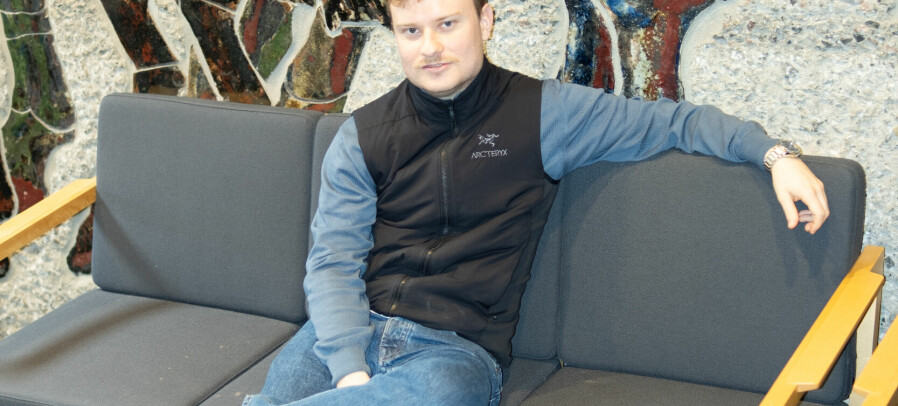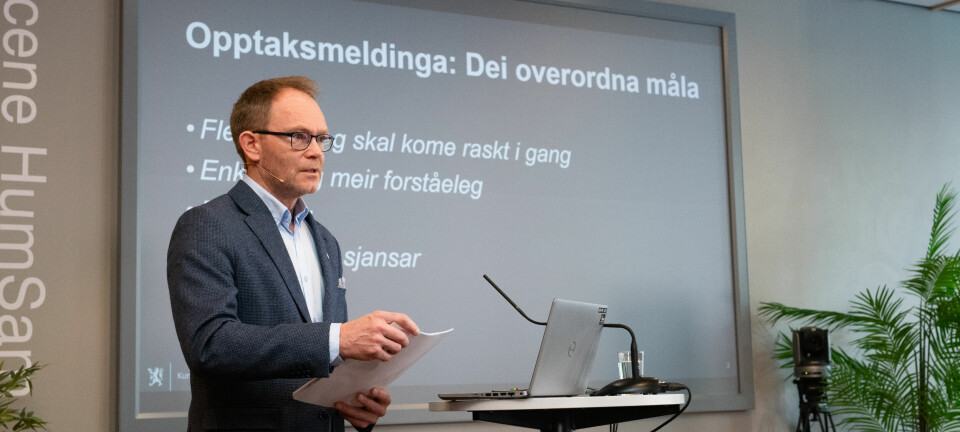Students stay at home
Every single semester, there are vacant places on the student exchange programmes abroad. Now, after several years of steady growth, the number of exchange students from UiO has started to go down.
– I am hoping that this is only a short-term setback and that we will get back on track in a short while, says Chief of the International Education Office, Guri Vestad.
She says that the University of Oslo (UiO) easily could have doubled the number of exchange students abroad, but claims that the myth of a huge amount of costs and red tape holds students back.
During the school year of 2006/2007, the number of students going abroad went down from 1259 to 1116. According to Margrete Søvik, advisor at the Norwegian Centre for International Cooperation in Higher Education, Norway is at the bottom of the heap in Europe when it comes to sending students abroad through the European exchange programme Erasmus.
– One of the reasons behind the decrease may be that people worry that they will lag behind if they decide to go abroad. In principle, there shouldn’t be any difficulties in having ones study points approved, but a lot of people experience that this things become more troublesome than they thought, she says.
Too expensive to stay long
The number of students taking a whole degree abroad is going down as well. Ever since the rules for financial support were altered in 2004, the number of students going abroad for a full course of study has gone down with approximately 3000 students. Basically, it has become too expensive to go abroad.
– We can go all out for part-time study courses abroad, but it doesn’t make up for the ongoing fall in students, says President of the Association of Norwegian Students Abroad (Ansa), Anders Fjelland Bentsen.
He believes that the students hesitate to go abroad for shorter periods of time.
– The value of studying abroad, such as proficiency in a foreign language and cultural insight, is something you can only really get the full benefit from if you go abroad for some time, not for one semester, he claims.
– An administrative problem
Ole Andre Gjerde, Executive for international affairs at the student welfare body, The Velferdsting, doubts that the problem is the students’ desire to travel.
– Our experience is that a lot of students say that they want to go abroad, but few of them actually do. I suspect that this is an administrative problem. When the students are met with a pile of paper it may not seem to be worth the effort, he says.
Guri Vestad asks the various faculties to take more responsibility, and emphasises that according to the Quality Reform, all students should be given the opportunity to go abroad.
– Do you think all the students get the feeling that they have a choice?
– I’m sure that some find it more challenging than others, and when only a small number of people make use of the offer, it becomes our job to make it more attractive. At the same time, the students should be better at making use of the various offers that are out there.


